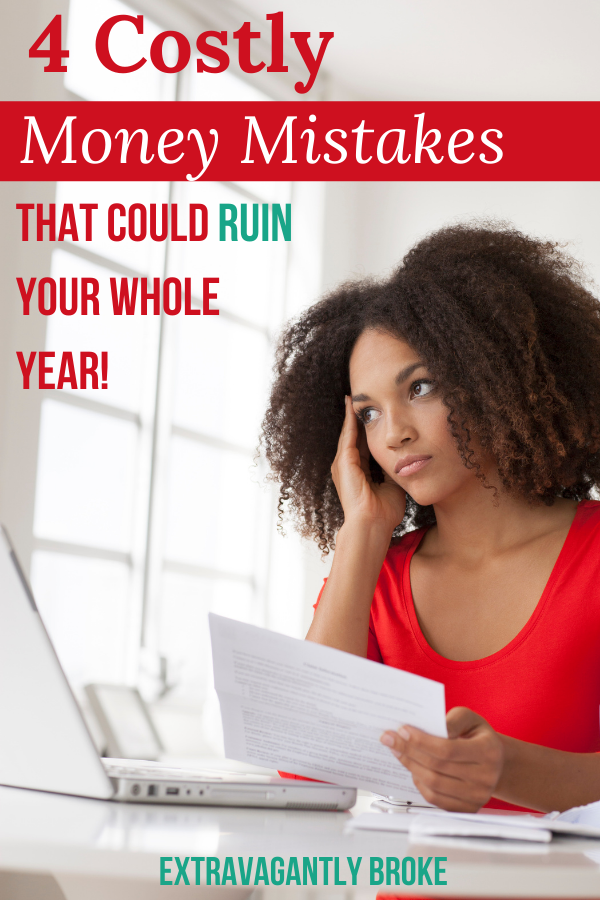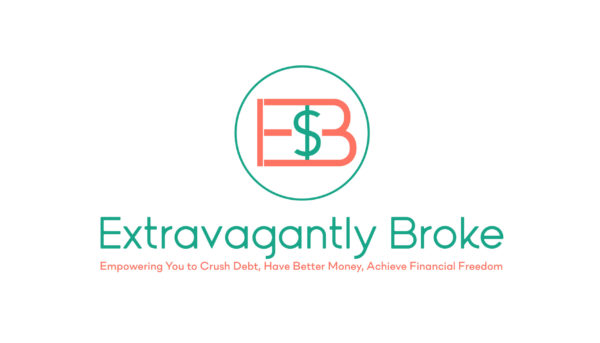Money is not always easy to come by, right? So, imagine how devastating it would be to suddenly get hit with a $7,000 electricity bill.
Wait — What?
Yep, you read that right…a Seven – Thousand – Dollar electricity bill. And get this. That is for only one week’s worth of usage!
What the ?#@! 😳
Surely I must be kidding, right? No, I am not!
You may have heard about the February winter storm that broke the state of Texas.
Well, let me tell you that as a Texas resident, I have had a front-row seat to the devastating effects suffered by my fellow Texans. There were freezing temps, broken pipes, no water, and no electricity for days.
Oh, and that’s not the worst of it. I know you agree that a $7,000 electricity bill is outrageous. But what’s worse is that a few homeowners who didn’t lose power have even reported bills as high as $16,000. 🤯
I – I – I just can’t even…
Unfortunately, many people didn’t have the right money strategies in place. Now, they could be stuck with expensive damages and astronomical bills. And Heaven only knows how long it could take to pay them off.
That’s right, my friend. All it takes is one unwelcome disaster to completely devastate your finances and ruin your whole year! (smh)
The good news is that I will share these 4 money mistakes I witnessed that you should never make. And hopefully, they can prevent you from ever experiencing this type of financial fallout.

Table of Contents
1. Avoid This Sneaky Money-Grubbing Trick
You’re probably wondering, how did so many Texans get hit with unbelievable energy bills? Well, it’s simple. Because they thought that they had found a great way to cut costs.
How? By signing up for wholesale electricity. But, when it comes to wholesale utility providers, avoid them like a toxic waste dump!
Why? Because wholesale energy providers have little or no government regulations. They lure you in with cheap direct-to-consumer energy rates for a small monthly fee.
And on the surface, everything is great while you’re saving money.
The problem is that wholesale prices can change in a heartbeat based on supply and demand.
And all it takes is for one superstorm to come through, wreak havoc on your area, then — Boom! Your electricity prices can soar into the stratosphere!
Well, there’s some fine print for ya! ~ Shrek.
So, the next time you’re shopping for a new energy provider…stick with the best fixed-rate plan that you can find.
FYI, spring and fall are typically great seasons to shop for the best deals on a new plan. The summer is not a good time because demand makes rates much higher.
Now, I don’t know how many wholesale energy providers there are outside Texas, but if you ever come across one…run for your financial life!
Remember, the cheapest is not always the best in the long run. And it’s better to be safe than sorry.
2. Don’t Put This On Autopay

We hear a lot of financial experts talk about the benefits of setting your bills on autopay.
And autopay does have its upside. Like, less hassle, less stress, more free time, and no late payments. So, I am definitely a fan.
However, the one thing I rarely put on autopay is my variable expenses. I’m sure you can guess why.
You see, I already know that if there is a discrepancy with my bill, once the company has my money, it’ll be like pulling teeth trying to get it back!
And since I am not a dentist — ain’t nobody got time for that…right?
Plus, I saw several news reports about how one particular wholesale energy provider was drafting hundreds or thousands of dollars from customer’s bank accounts — per day. Can you believe that? 😡
So, a smart thing to do is put fixed expenses like your mortgage/rent, car loan, insurance, etc., on autopay. Then, manually pay the variable ones.
That way, you can keep a close eye on what’s going on with those bills. And there will be no mind-blowing surprise withdrawals from your account.
3. Never Do This On The Spur Of The Moment

Of course, after any storm or natural disaster is over, seeing all the damage left behind can be emotional, to say the least.
And, your first inclination is to try and get things repaired as quickly as possible. So that you can get back to normal.
But every time there is a natural disaster, the scammers come out of the woodwork. And Texans have already been taken advantage of by “supposed” contractors that have disappeared with their money.
So, before you pay any contractor a single dime, here’s what you should know:
- Never hire a contractor on the spot, especially if they show up at your front door.
- Don’t fall for high-pressure sales tactics. If a contractor is trying to get you to hire them immediately, that’s a huge red flag.
- Get a written contract. It should specify the exact price of the work to be done, including the start and finish date. Plus, any cost for the materials that will be bought and used during the job.
- Ask for proof of insurance. Plus, a list of several recent customers that you can contact for referrals of the company’s work.
Taking a little time to practice self-care and process all the emotional upheaval is necessary. Then, don’t be in a rush to give people your money. It may help you avoid being ripped off and suffering even further hardship.
4. This Money Shortcut Can Leave You In Tears

Your home is probably your most significant financial investment.
And do you know what is just as bad as not having any home insurance? It’s not having the right type of home insurance!
Again, I have seen so many Texans’ stories after flood disasters who were beside themselves with grief because they had no money and no coverage.
So once again, in the quest to save money, many people may be setting themselves up for even more financial grief.
For example, here are three of the common insurance mistakes:
- Not having enough coverage. Do you know if you have enough insurance to cover the costs to rebuild your home at today’s prices? Or is it just enough to protect your home’s current value, which could be less than the cost to rebuild?
- Not having the appropriate coverage beforehand. Does your homeowner’s insurance cover natural disasters? What about your personal possessions like expensive jewelry, musical instruments, or high-dollar electronics? It’s a good idea to clarify what’s covered now so there’ll be fewer tears later.
- Not having natural disaster insurance. When you’re already paying for homeowners insurance, the thought of buying extra insurance sucks! But keep in mind, you can’t buy flood insurance during flood season. So, if your area is prone to any natural disasters, make sure you have the right disaster coverage for the area you live in.
Now It’s Up To You
The damages caused by mother nature may be out of your control.
But avoiding many of the money headaches that can follow — is not.
Just like the old saying goes — The best defense is a good offense.
And your best offense for avoiding costly money mistakes is to:
- Avoid buying wholesale energy
- Not put variable expenses on autopay
- Never hire contractors on the spur of the moment
- Not get caught without the proper insurance
Now, hopefully, you’ll never find yourself in a bad money situation that could ruin your whole year.
Hey, don’t forget to grab your Cheat Sheet!







This is a great list, and thanks for sharing.
Having been a recent victim of a natural disaster destroying our home, I can tell you that i“contractors” really do come out of the woodwork.
We got screwed big time.
I wish I’d read this a few years ago!
Thank you for sharing!
Oh, no, Melissa! Dang, it! It’s so infuriating that unscrupulous people actually set out to prey on people who have already been devasted and are in need of help. But even though we can’t change the past, at least you’ve much more savvy now and you’ll never fall for a scam like that again. Thanks so much for sharing! 🙂
All four of these are great tips, and I don’t think they are necessarily obvious starting out. Great list.
Thank you, so glad you found it helpful!
These are all really great tips. I did recently set my bills on autopay (although I never wanted to do it before). You make a really good point about it being hard to get your money back. Maybe I need to rethink them being on autopay.
I use autopay as well, and it works out great for my fixed expenses because those amounts are the same every month. It’s only those bills which can fluctuate that I avoid putting on autopsy. So, perhaps just rethink those. 🙂